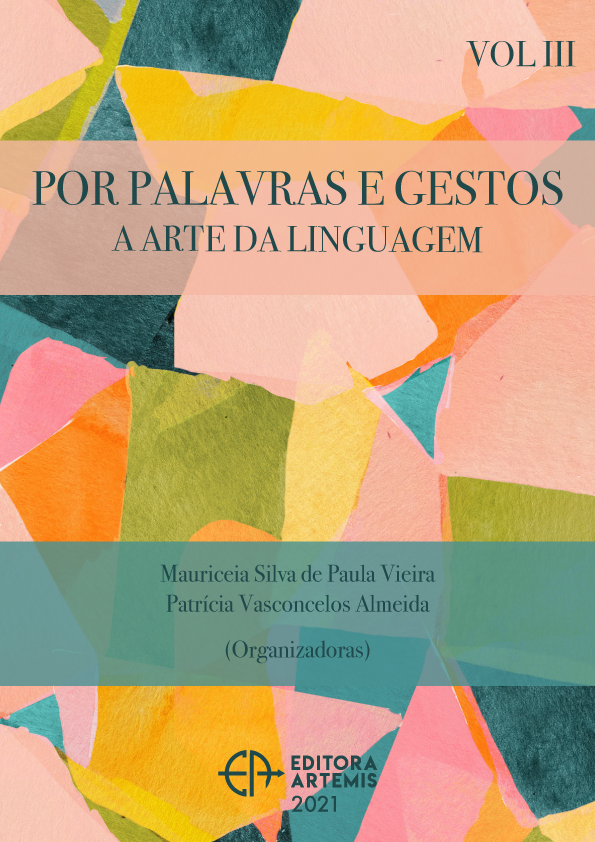
AS LÍNGUAS COMO PONTES: ABORDAGEM DA INTERCULTURALIDADE E DO PLURILINGUISMO LITERÁRIO EM PLE
A coexistência de várias línguas nos textos literários não é um caso marginal de expressionismo literário ou um desvio de um centro representado por uma única língua dominante e oficial. Neste artigo insistimos na importância do plurilinguismo no desenvolvimento e na produção do texto literário ou do sistema literário de um autor e/ou de uma época, e focamo-nos nas diferentes formas que podem assumir. Consideramos a estética do plurilinguismo analisando algumas das suas estratégias textuais, mapeando certos problemas conceituais e analisando as suas possibilidades nas escritas pós-coloniais e migratórias. Vemos que este tipo de literatura permite abrir fronteiras e mostrar como as línguas estão enraizadas em diferentes territórios. Este tipo de literatura facilita a aprendizagem do intercultural uma vez que existe uma grande variedade de autores que podemos propor no âmbito da aprendizagem do Português como língua estrangeira.
AS LÍNGUAS COMO PONTES: ABORDAGEM DA INTERCULTURALIDADE E DO PLURILINGUISMO LITERÁRIO EM PLE
-
DOI: 10.37572/EdArt_28012126216
-
Palavras-chave: interculturalidade, plurilinguismo, literatura, ensino, língua estrangeira
-
Keywords: interculturality, multilingualism, literature, teaching, foreign language
-
Abstract:
The coexistence of several languages in literary texts is not a marginal case of literary expressionism or a deviation from a center represented by a single dominant and official language. In this article we insist on the importance of multilingualism in the development and production of the literary text or literary system of an author and/or an era, and we focus on the different forms they can take. We consider the aesthetics of multilingualism by analyzing some of its textual strategies, mapping certain conceptual problems and analyzing its possibilities in post-colonial and migratory writings. We see that this type of literature allows us to open borders and show how languages are rooted in different territories. This type of literature facilitates intercultural learning since there is a wide variety of authors that we can propose in the context of learning Portuguese as a foreign language.
-
Número de páginas: 14
- Isabelle Simões Marques

